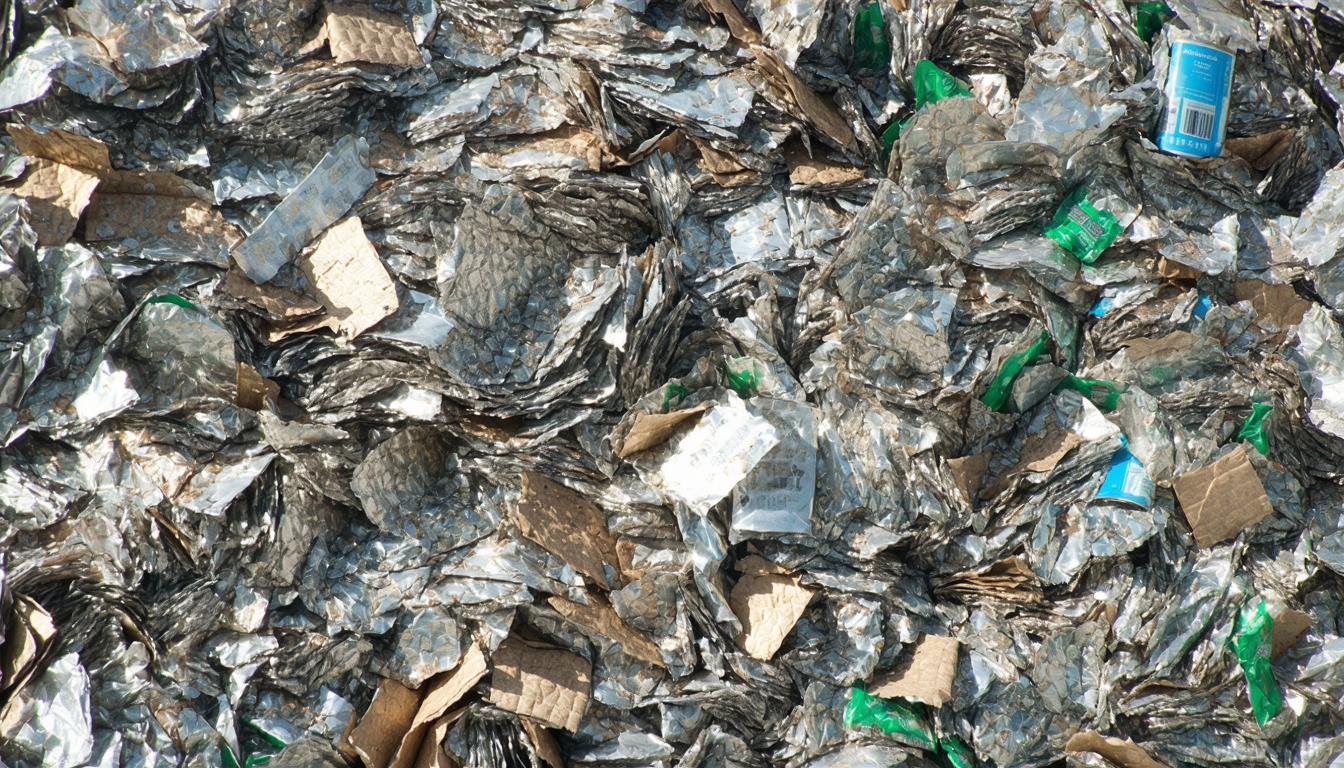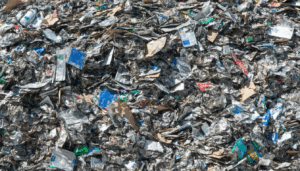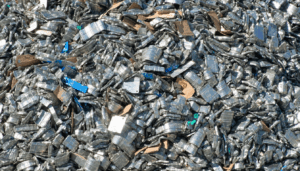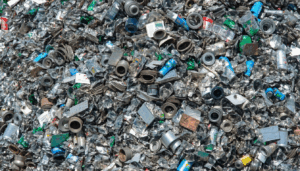In an era where sustainability drives innovation, express metal recycling has emerged as a critical solution for managing industrial waste in the United States. This fast-paced, efficient recycling method is gaining traction among businesses and policymakers alike, addressing the urgent need to reduce landfill waste and conserve natural resources. Recent developments in technology and policy have propelled this sector forward, promising significant environmental and economic benefits. This article explores the latest trends in express metal recycling, its impact on various stakeholders, and what the future holds for this vital industry.
What Is Express Metal Recycling?
Express metal recycling refers to the rapid collection, processing, and repurposing of scrap metals such as steel, aluminum, and copper. Unlike traditional recycling methods that may take weeks, this approach prioritizes speed and efficiency, often completing cycles within days. In the U.S., this method is increasingly adopted by industries like construction, automotive, and manufacturing, where metal waste is abundant.
The process minimizes downtime for businesses by offering quick turnaround times. It also reduces transportation costs and carbon emissions through localized recycling hubs. As of 2023, over 50% of U.S. scrap metal is processed through such streamlined systems, according to the Institute of Scrap Recycling Industries (ISRI).
Key Developments Driving Growth
The rise of express metal recycling in the U.S. is fueled by several notable advancements. First, cutting-edge sorting technologies, including AI-driven systems, have improved the accuracy and speed of separating metals. These innovations have boosted efficiency by 30% in major recycling plants since 2021.
Second, federal and state governments are offering incentives to encourage sustainable practices. For instance, the 2022 Inflation Reduction Act includes tax credits for companies adopting eco-friendly recycling methods. According to Sarah Mitchell, a sustainability expert at GreenTech Solutions, “Government support is a game-changer for express metal recycling, making it financially viable for small and medium enterprises.”
Impact on Stakeholders
The benefits of express metal recycling extend to multiple sectors. For businesses, it translates to cost savings and compliance with stricter environmental regulations. Automotive manufacturers, for example, can recycle scrap metal from production lines swiftly, reducing storage needs and operational delays.
Communities also gain from cleaner environments as less waste ends up in landfills. Data from the Environmental Protection Agency (EPA) shows that recycling metals reduces greenhouse gas emissions by up to 300 million tons annually in the U.S. However, challenges remain, such as ensuring fair labor practices in recycling facilities—a concern raised by worker advocacy groups.
Economic and Environmental Significance
Express metal recycling contributes significantly to the U.S. economy by creating jobs and supporting a circular economy. The ISRI estimates that the recycling industry employs over 500,000 workers nationwide as of 2023, with numbers expected to grow. Additionally, recycled metals reduce the need for virgin ore mining, conserving energy and natural habitats.
On the flip side, some critics argue that the focus on speed could compromise quality control in recycled materials. Balancing efficiency with rigorous standards will be crucial for maintaining trust in the market. Both perspectives highlight the need for ongoing innovation and oversight in this field.
Future Outlook for Express Metal Recycling
Looking ahead, experts predict that express metal recycling will play a central role in achieving U.S. climate goals. With urban populations growing, demand for recycled materials in infrastructure projects is set to rise. Investments in automation and green technologies are likely to further streamline operations by 2025.
John Carter, an industry analyst at MetalWorks Insights, notes, “The next five years will see unprecedented collaboration between tech firms and recyclers to tackle scalability issues.” While hurdles like fluctuating metal prices persist, the overall trajectory points to a robust future for this sector.
Conclusion
Express metal recycling stands as a beacon of progress in the U.S., merging environmental responsibility with economic opportunity. From technological breakthroughs to supportive policies, recent strides underscore its importance in waste management. As stakeholders navigate challenges and embrace innovation, this industry is poised to shape a more sustainable tomorrow. The journey forward will require vigilance to ensure quality and equity, but the potential rewards are undeniable.
Frequently Asked Questions (FAQs)
-
What is express metal recycling?
It is a fast-paced method of collecting, processing, and reusing scrap metals like steel and aluminum, often within days, to minimize waste and costs. -
Why is it important in the U.S.?
It supports sustainability goals by reducing landfill waste, conserving resources, and cutting greenhouse gas emissions while boosting local economies. -
What challenges does the industry face?
Key issues include maintaining quality during rapid processing and ensuring fair labor conditions in recycling facilities. -
How can businesses benefit from it?
Companies save on costs, reduce downtime, and meet environmental regulations by integrating quick recycling into their operations. -
What’s next for express metal recycling?
Advances in technology and increased government support are expected to drive growth, making it a cornerstone of sustainable development by 2025.





